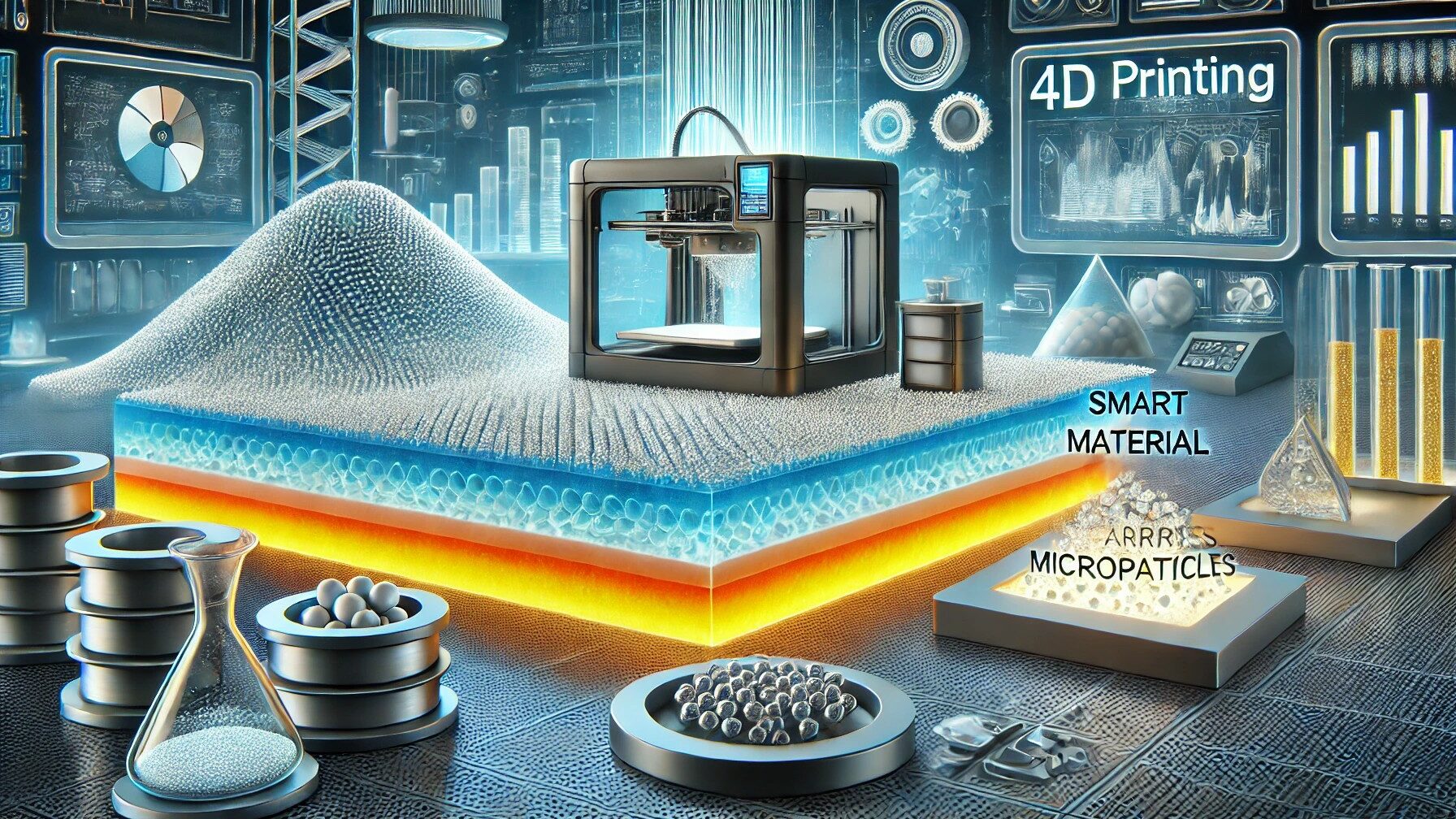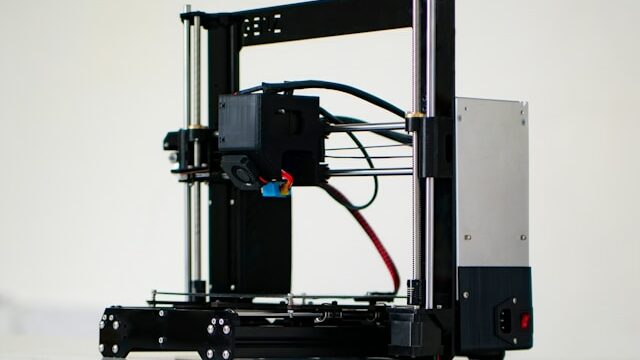IBM has published a patent for a groundbreaking 4D printing technology that enables the transport of microparticles using smart materials that react to external stimuli. This technology uses artificial intelligence to manage the movement of particles within a printed material.

How smart materials work
The smart materials used in this technology are made from shape-memory alloys or polymers that respond to external factors such as temperature, light, or magnetism.
After deformation, these materials return to their original shape, allowing the transport of microparticles that may be difficult to move with traditional methods.
The role of artificial intelligence in control
An artificial intelligence algorithm adjusts the necessary stimuli to trigger the materials’ reactions. This allows the particles to follow a predefined delivery path, taking into account environmental conditions and the characteristics of the object being transported, such as its size or weight.
The algorithm also monitors the material to detect any blockages and correct the path without human intervention.
Potential applications in the medical and industrial sectors
This technology could revolutionize the medical field, enabling the delivery of drugs to specific cells through the bloodstream or gastrointestinal tract.
It could also be used in the manufacturing of miniature electronics and semiconductors, opening new possibilities for small-scale industrial production.
Image generated by DALL·E, an artificial intelligence model developed by OpenAI.
The articles published on Imprimy.com are for informational purposes only. They are intended to provide general advice and information related to 3D printing. Imprimy.com cannot be held responsible for the results obtained or the consequences arising from the application of the shared information. We recommend always checking the specific instructions for your hardware and materials before use.


